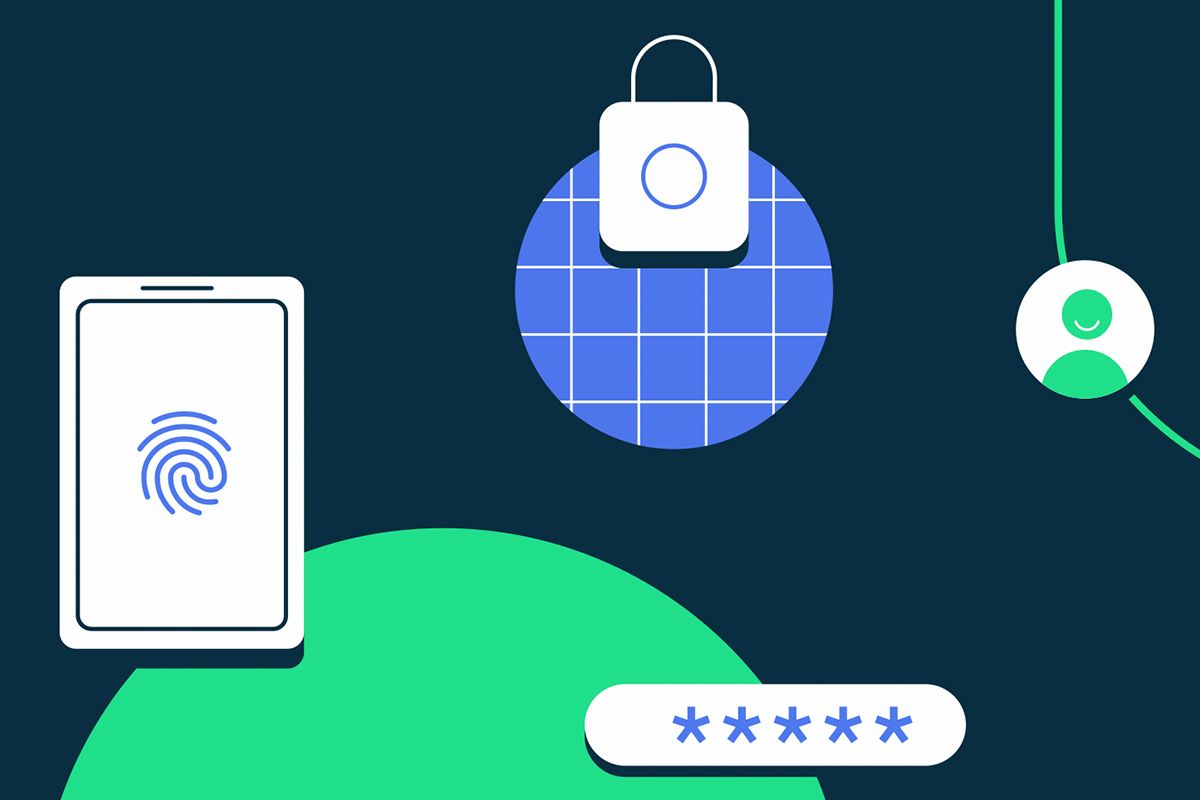Along with all the new Android 12 features that we've highlighted previously, Google is including some enterprise-focused changes in the software release. With these changes, the company aims to make Android a more reliable and secure operating system by giving enterprises and IT admins access to more privacy controls and additional security measures. One of these features gives IT admins the option to disable USB data on enterprise devices to improve security.
According to a recent post on Google's The Keyword blog, Android 12 will give IT admins the option to decide which input method editors (IMEs) employees can use to reduce the risk of a third-party keyboard capturing data on the device. They will also receive an option to disable USB signaling for anything but charging to reduce the risk of USB-based attacks. However, this feature will only be available on devices that have USB HAL 1.3. Google mentions that device admin apps will have to call canUsbDataSignalingBeDisabled() to check if enabling or disabling USB data signaling is supported on the device.
In addition, IT admins will have the option to "slice their 5G network and dedicated connectivity to all apps on a fully-managed device, or specifically to apps in the work profile." This will allow enterprises to limit priority cell service to Work profile apps and give them more "control over quality of service and security of work data."
Android 12 will also include a few other enterprise-focused features, including options to approve or deny sensor-related permissions on personal devices and set up Wi-Fi networks through a new network API that doesn't require user location permissions. Furthermore, Android 12 also changes the hardware devices IDs for personal devices.
These changes should start rolling out to devices with the Android 12 stable release following the Pixel 6 series launch later this month. For more information about the new enterprise-focused features in Android 12, head over to Google's blog post.

